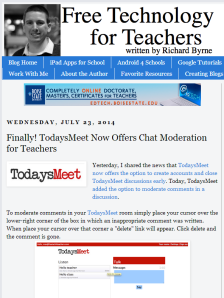In a fixed mindset, people believe their basic qualities, like their intelligence or talent, are simply fixed traits. They spend their time documenting their intelligence or talent instead of developing them. They also believe that talent alone creates success—without effort. They’re wrong.
In a growth mindset, people believe that their most basic abilities can be developed through dedication and hard work—brains and talent are just the starting point. This view creates a love of learning and a resilience that is essential for great accomplishment. Virtually all great people have had these qualities.
Mindset can be evident in some of the subtle differences in self-talk as you approach a challenge. The way you respond to different challenges can indicate what sort of mindset you have. Which of these do you recognise in your own personal/internal responses to different situations?
This is a great short video to help explain the differences in mindset between “fixed” and “growth”. Carol Dweck’s work in this area highlights one of the critical challenges for teachers in their ever-changing professional roles. As the changes come thick and fast adapting a “growth mindset” is an imperative!




![By Artmax (Own work) [GFDL or CC-BY-3.0], via Wikimedia Commons](https://hongkongkiwi.files.wordpress.com/2014/07/the_future_will_be_confusing.jpg?w=700&h=526)


